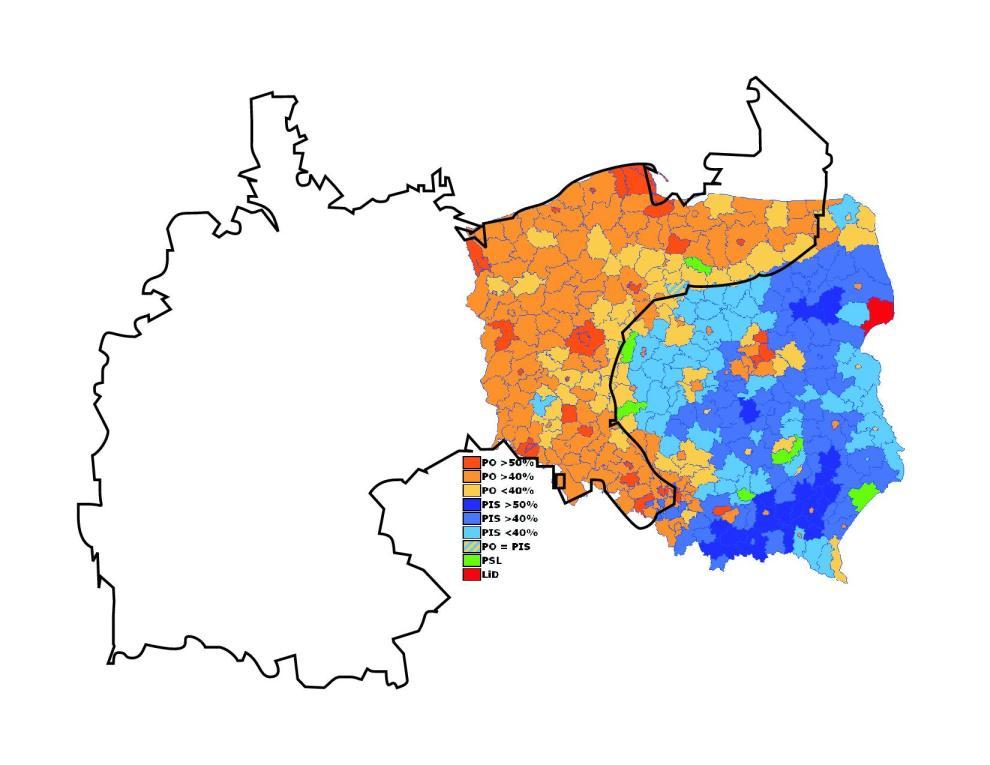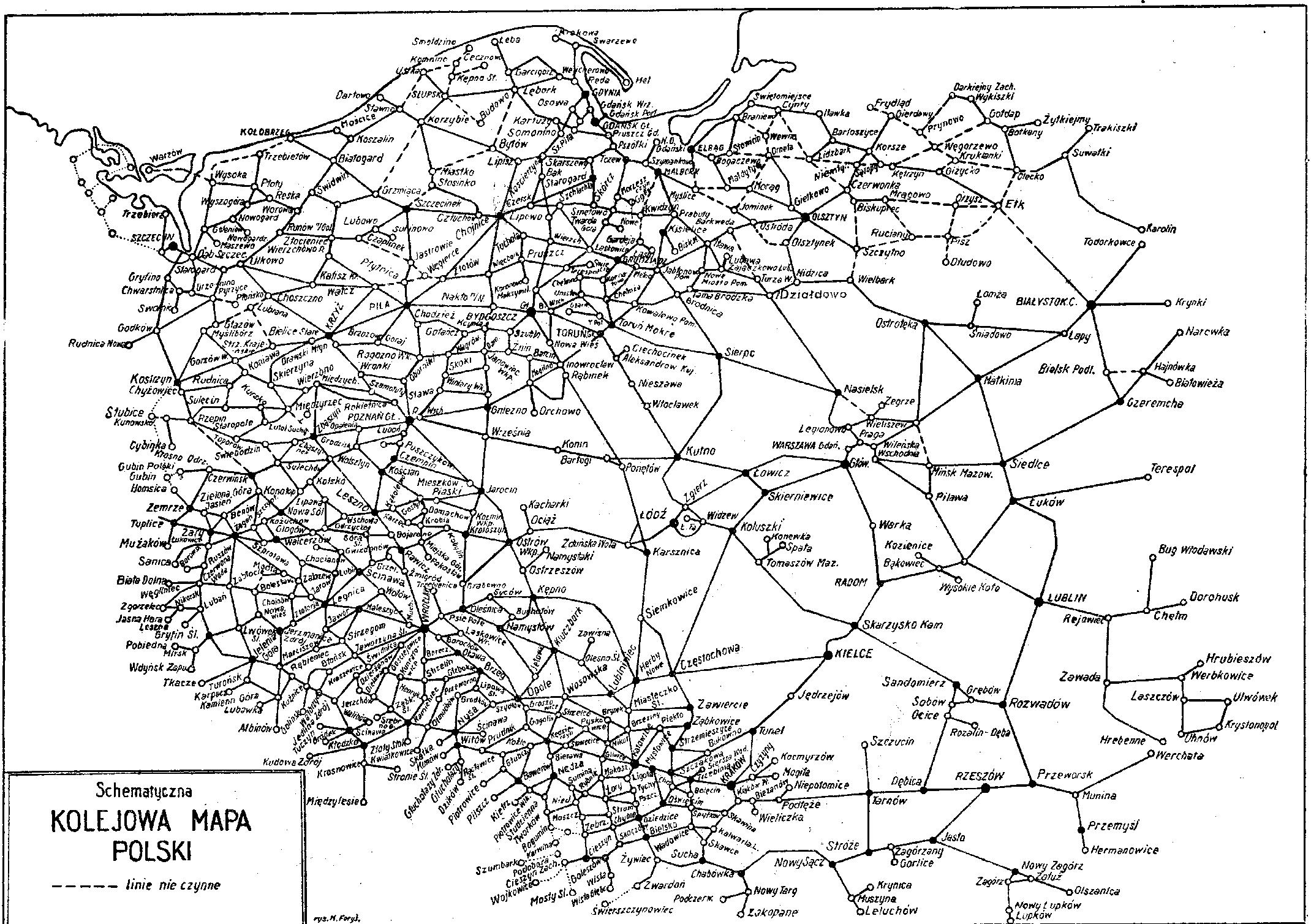Poland has, for hundreds of years, been surrounded and conquered by its neighbours. Recent history up until the very late 20th century has been no better, with Soviet-imposed massacres and brutal repression. Colonialism has evidently been a great part of Polish history, being a land between great powers, yet there is a reluctance in postcolonial literature to include colonial presence in Eastern Europe.
Yet some have recognised Ireland as a postcolonial country, with Eastern Europe as an unknown:
only one European country has thus far been exempted from the binary ‘First World-Third World’ model now governing post-colonial studies. This is Ireland which is, as Seamus Deane remarks, ‘the only Western European country that has both an early and a late colonial experience’ [...] Deane is careful to distinguish here between East and West; [which] remains terra incognita in recent theory. [Cavanagh 2003, 63-64].
The ‘terra incognita‘ of Eastern Europe (and Poland, which Cavanagh references), is often referred to in both Western and Eastern discourse as ‘borderlands’, reducing the culture there and its people as merely a place between the East and West. Whilst at times this discourse has been reclaimed by ideas of the Rus as a ‘two-headed eagle’, strong and facing all sides, in modern times this can be seen as a view that sees Eastern Europe as neither the ‘Other’ or the West. Talk of Russia, the Baltics, Balkans, and Eastern Europe in general is often talked of as peripheral to Europe. Indeed, there have been casual attempts to define Russia as an Asian country.
Colonialism, as well as cultural and geopolitical dominance, have played large roles in Eastern Europe. Numerous states have attempted (and at times succeeded in) exercising full or partial control over other countries, others have even occupied with settlers, and it is certainly not rare for there to be a system of economic exploitation. It is not that this has been confined to the history books either, Soviet presence being the greatest example, but also the aims of different groups during periods of ethnic conflict in the Balkans.
‘Outside’ influences such as that of the Turks in South-Eastern Europe, or that of the Austro-Hungarian empire, are underreported in postcolonial studies. German cultural dominance imposed in Poland, for example, still holds sway over local elections even (see below).

Polish voting patterns, with former German territory overlay.

Polish railway infrastructure.
However, this is not to say that Poland was always the oppressed. The Polish-Lithuanian commonwealth was a force to be reckoned with, and whilst it didn’t quite have the same level of brute as other European powers it still made efforts to assimilate other cultures and civilisations. This is also not to say, that colonization of Poland, and colonization outside of Europe are in any way equal. The point of this post is to highlight how postcolonial studies can overlook colonial discourse and events purely because of current affairs.
To further confuse those who delve deeper, there are also efforts to rehabilitate Eastern Europe away from the “Other”. The Economist states that the term has “connotations of “poverty, marginalisation, and weirdness” which is for most states there, “anything but.” Membership in Schengen, the EU, NATO, and the reemergence of Russia in world politics as an ally of the West all play to the narrative that Europe is no longer divided. A video that plays with the concept of Eastern Europe, and attempts to think up new terms, can be found here.
